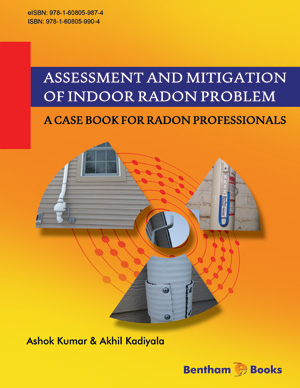Abstract
Coals hold a unique position in conventional and unconventional hydrocarbon systems in that organic matter forms the bulk of the rock. Gases within coals have a dominant storage mechanism of adsorption within the fundamental structure of the organic matter rather than the conventional state as a compressed gas in intergranular spaces or dissolved within liquid hydrocarbons. Gases form an integral part of the coal substance. Multiple phases of gas generation are the norm and result in complex relationships between gas content and organic petrology. Thermogenic gases are produced during normal burial metamorphic processes. Biogenic gases are produced during earliest coalification as well as post-coalification, after uplift. Understanding the variability of the organic matter is key to understanding the variability in gas content and gas composition. Coal type is determined at the peat stage and strongly influences mechanical properties of the coal, amount and type of gas generated, timing of gas generation and storage capacity. Coal type needs to be studied at the macroscopic level through lithotype analysis; at the microscopic level via maceral analysis and; geochemically. Rank studies by vitrinite reflectance are preferred over bulk geochemical techniques and provide insights into the timing and generation of thermogenic gases. Petrographic studies can also be used to detect the presence of igneous intrusion, which affects both gas composition and storage capacity. The importance of individual, detailed basin studies cannot be overstated. Attempts to make global generalizations usually fail due to the complexity of the starting material coupled with unique geological histories.
Keywords: CBM, Lithotype, Maceral, Coal type, Coal rank, Gas variability, Gas content, Methane.












